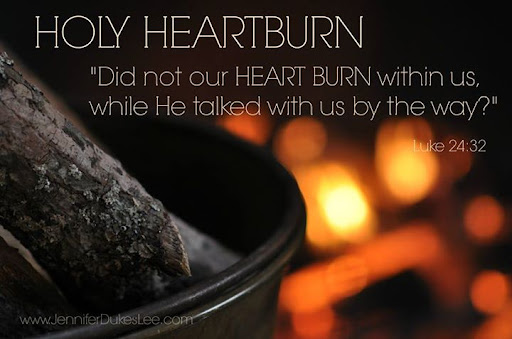"Here mortal men receive tithes, but there he receives them, of whom it is witnessed that he lives. 9Even Levi, who receives tithes, paid tithes through Abraham, so to speak, 10for he was still in the loins of his father when Melchizedek met him."
Levi was a distant descendent of Abraham, yet it is said that Levi paid tithes to Melchizedek even though he wasn't born. How is this so? We know that Levi did not physically carry out the act of paying tithes, but we do know that Abraham did and we also know that Abraham was the representative head of his descendents. This is how it can be said that Levi also paid tithes to Melchizedek.
Federal Headship also finds its place in the Epistle of Romans when Paul says in Rom. 5:12-14,
"Therefore, just as through one man sin entered the world, and death through sin, and thus death spread to all men, because all sinned— 13(For until the law sin was in the world, but sin is not imputed when there is no law. 14Nevertheless death reigned from Adam to Moses, even over those who had not sinned according to the likeness of the transgression of Adam, who is a type of Him who was to come."
The Bible knowledge Commentary says, "The federal headship view considers Adam, the first man, as the representative of the human race that generated from him. As the representative of all humans, Adam’s act of sin was considered by God to be the act of all people and his penalty of death was judicially made the penalty of everybody."1 Also, "The federal headship of Adam presupposes and rests upon his natural headship. He was our natural head before he was our federal head. He was doubtless made our federal representative because he was our natural progenitor, and was so conditioned that his agency must affect our destinies, and because our very nature was on trial (typically if not essentially) in him. Whatever, therefore, of virtue in this explanation the natural headship of Adam may be supposed to contain the federal theory retains."2 Therefore, it should be clear that Adam represented us and when he fell, we fell.
But some may object and say that this is not fair. They will say that we should not be held responsible for Adam's sin because we never sinned. If this is the position that they want to hold, then let's take a look at the cross and see why Federal Headship is important in relation to Jesus.
Jesus represented His people
1 Cor. 15:45 says, “The first man, Adam, became a living soul. The last Adam became a life-giving spirit." The "last Adam" is a reference to Jesus because of the similar relationship that exists between them both. That is, both Adam and Jesus are representative heads. Please consider 1 Cor. 15:22 that says, "For as in Adam all die, even so in Christ all shall be made alive." This is teaching us that Adam and Christ are heads of groups. Notice "in Adam" and "in Christ" referencing our position in relationship to both of them.
If Adam did not represent mankind, then Jesus could not represent the Christians when He died on the cross. As Adam's offense resulted in condemnation to all people, so also, Jesus' sacrifice results in justification for those who believe in Him (Rom. 5:18). It is because of Federal Headship -- legal representation -- that we are able to be saved at all. As Adam's sin was imputed3 to us because of the Fall, our sin was likewise imputed to Jesus on the cross and Jesus' righteousness is imputed to us when we receive Him. In other words, if it was not for the biblical idea of Federal Headship (of one person representing others), then Jesus could not have represented us on the cross. If Jesus did not represent us on the cross, then it could not be said of us that "...you have died and your life is hidden with Christ in God," (Col. 3:3); and, "Now if we have died with Christ, we believe that we shall also live with Him," (Rom. 6:8).
Jesus represented us so completely on the cross that it can be said that we have died with Him. If it were not for Federal Headship, this would not be possible and we could not have died to sin.
Conclusion
Federal Headship is a biblical concept with some very important ramifications. Because of the biblical concept, we are able to enjoy salvation; we have died to sin, and we can rest in Christ who represented us before the Father in His satisfaction of the Law of God.
______________
1. Walvoord, John F., and Zuck, Roy B., The Bible Knowledge Commentary, (Wheaton, Illinois: Scripture Press Publications, Inc.) 1983, 1985.
2. Hodge, A. A., Outlines of Theology, (Escondido, CA: Ephesians Four Group) 1999.
3. To impute means to reckon to another's account, to credit to another's account.

